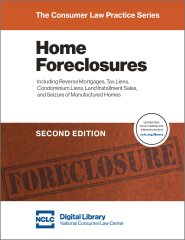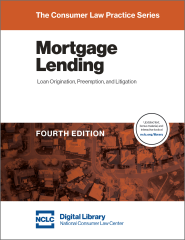Private Organizations
Primary source type
Description
Discriminatory tax assessment and appeal practices, especially during the Jim Crow era, contributed to the persistent homeownership gap. Black-owned properties were routinely and intentionally over assessed, resulting in the loss of those properties for owners who could not afford the taxes. The disparities persist today. Black and Latino/a residents face an unequal property assessment and appeals process that results in higher tax burdens, and a greater risk of tax foreclosure.
Older, low-income homeowners, many of whom are Black, Latino/a or immigrants, face a myriad of other threats and financial pressures that jeopardize their ability to preserve a lifetime of equity they have built up in their homes.
Many have difficulty affording the costs of maintaining their homes on low, fixed-incomes, including paying for taxes and municipal services. As a result, these older homeowners are disproportionately subject to tax lien foreclosure, which can result in a devastating loss of homes and the accumulated equity in those homes.

